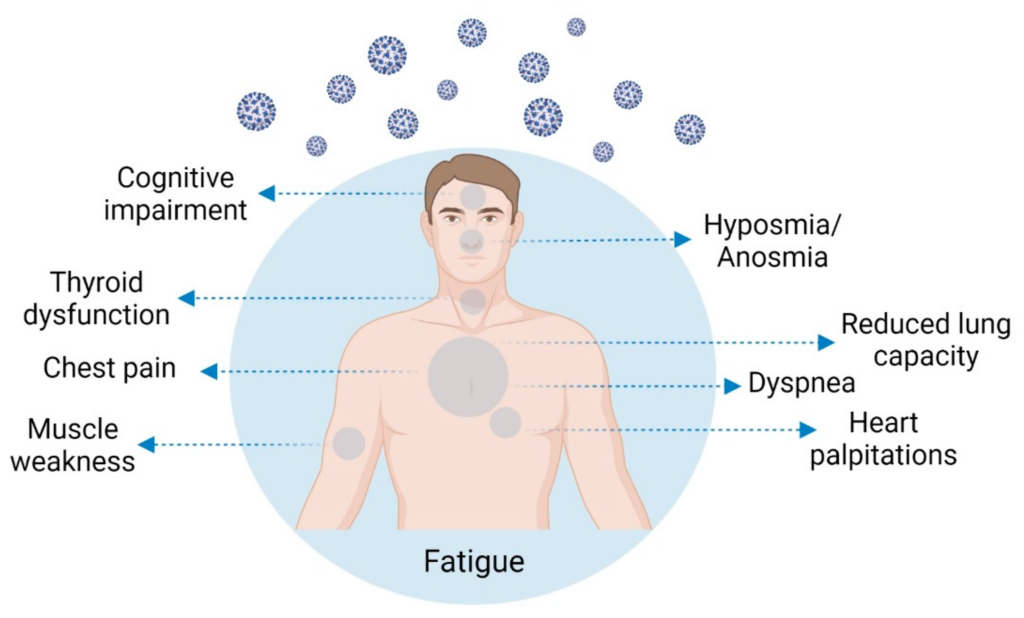Post-COVID Virus Causes Lingering or Ongoing Symptoms
The complicated care required for Post-COVID Long-Haulers is likely beyond the mission of most (if not all) prisons, jails, and detention centers.
According to researchers, this is still an active area of investigation. As we are approaching spring/fall 2022/2023, the Post-COVID Pandemic may be becoming an Endemic. Still, with that in mind, treating Post-COVID Long-Haulers and the amount and variety of staff, equipment, finances, and time needed, may just not be available to those incarcerated.
“The difficulty is sorting out long-term consequences,” says Joseph Brennan, a cardiologist at the Yale School of Medicine.
While some patients may fully recover, he and other experts worry others will suffer long-term damage, including lung scarring, heart damage, and neurological and mental health effects.
Long after the fire of a Covid-19 infection, mental and neurological effects can still smolder[1]. ‘Long-Haulers’ after the initial COVID-19 hospitalization: fall into 3 categories (Dr. Sanghavi)
1st) The COVID virus causes lingering or ongoing symptoms, meaning that “ symptoms do not recover completely and are ongoing because of direct cell damage from the virus,”
2nd) involves chronic ICU hospitalization for weeks. This causes:
- muscle weakness,
- cognitive brain dysfunction,
- psychosocial stress-causing post-traumatic stress disorder (from chronic hospitalization).
3rd) symptoms appearing after recovery. “Interplay with the immune system of a person, and then the impact that both those things have on the body.”
“We are still trying to understand exactly how this interplay between the immune system and inflammatory markers work, but there’s no doubt that that is a group of symptoms because of ramped up immunity or ramped up inflammatory system,” Dr. Sanghavi added.
Peripheral nerve issues, such as Guillain-Barré Syndrome, can lead to paralysis and respiratory failure.
Post-COVID Stress Disorder is another emerging consequence of the global pandemic.
Although most cases of COVID-19 appear to be mild with a recovery time of a few weeks, health experts are seeing more patients who suffer symptoms for months or get better, and then relapse down the road.
Isolation Is Not the Answer, Precautions for Adults with COVID-19[ii]


